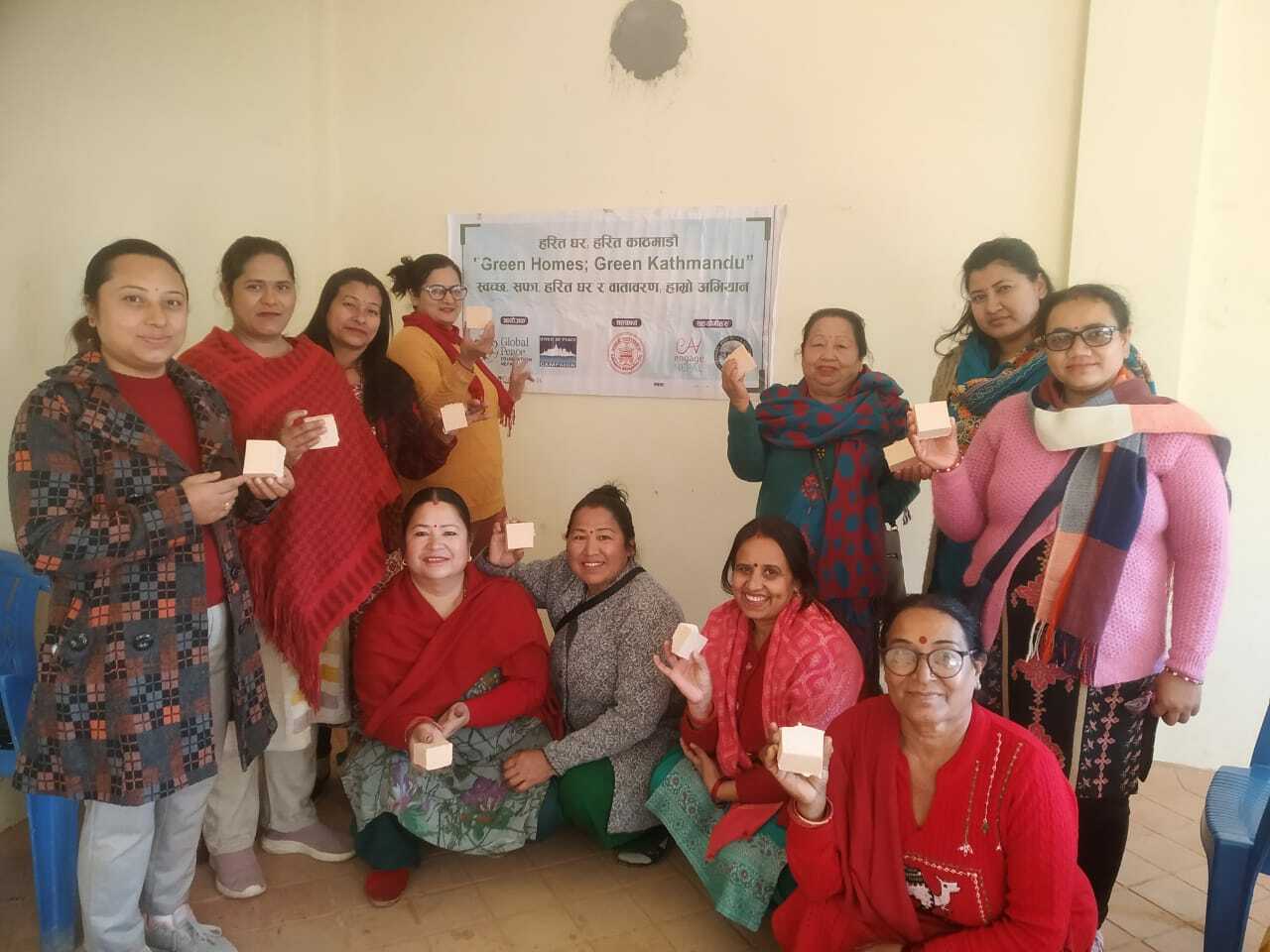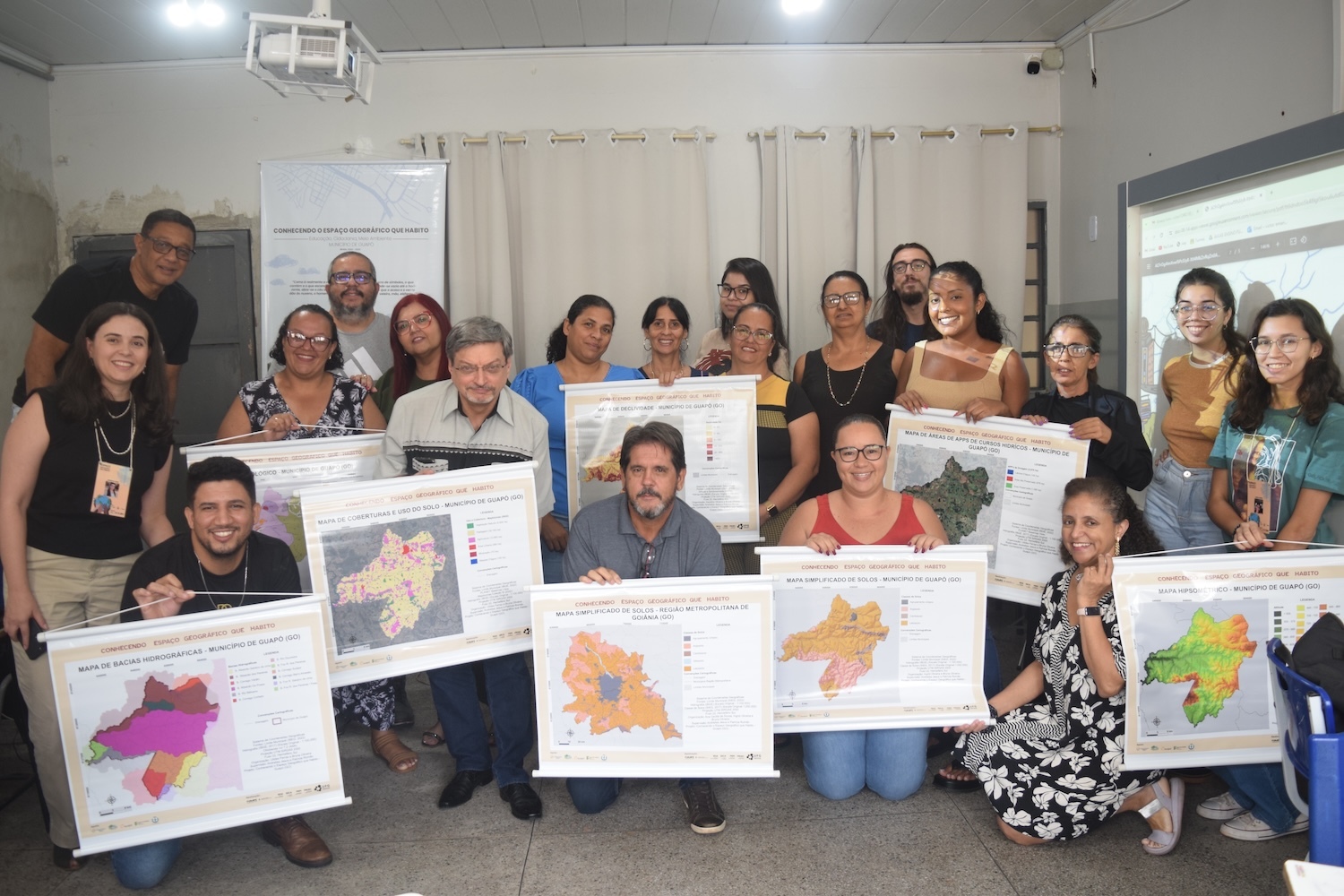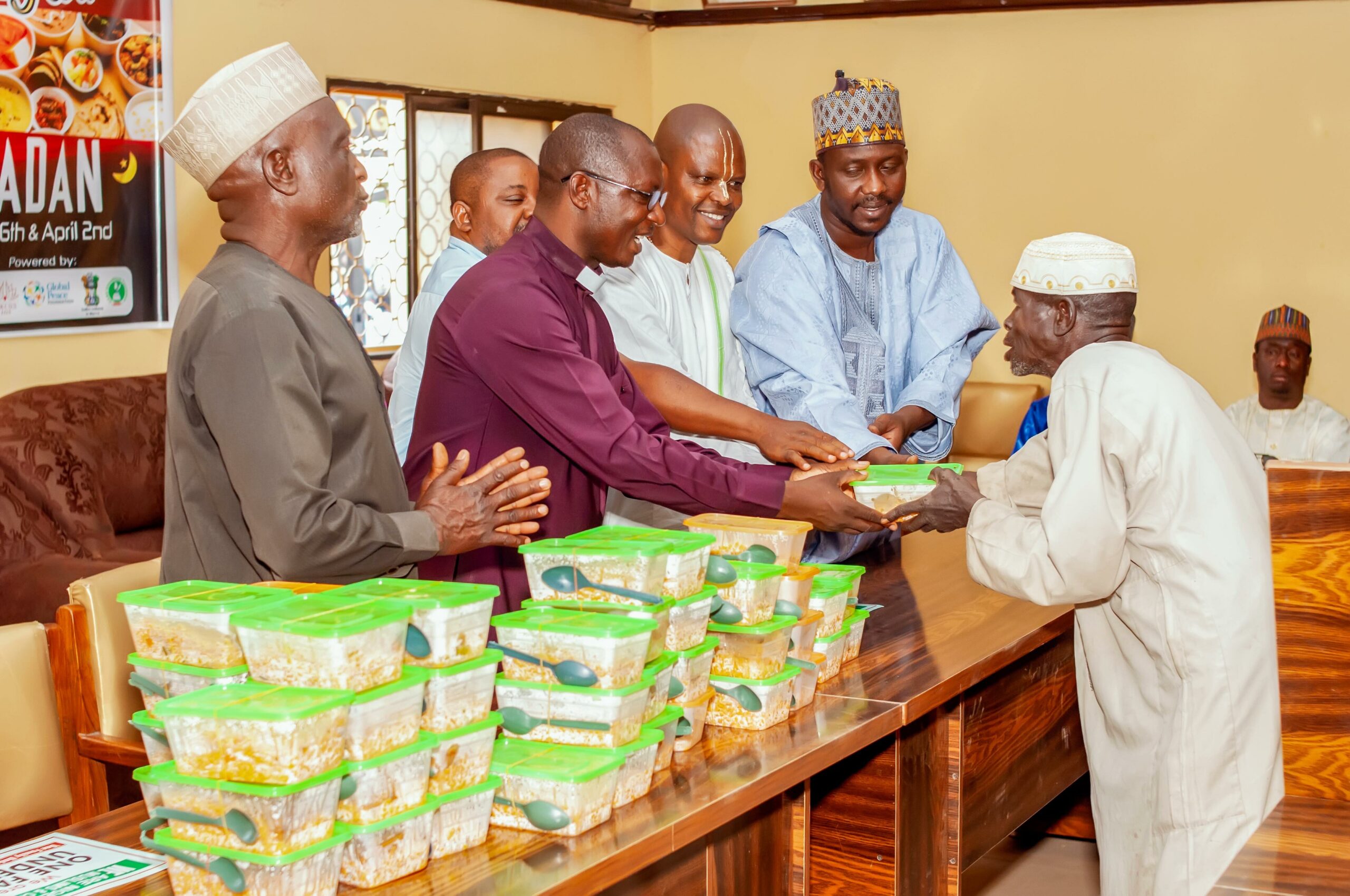The Goto family launched the first All-lights Village Project for GPF Japan.
This winter, Nobutaka Goto (NG) did not spend it relaxing at home, playing video games, or hanging out with friends. He and his mother, Mitsue Goto (MG), joined Mr. Goto in the remote jungles of Laguna, Philippines to launch the first Alllights Village Project for GPF Japan.
We had a chance to sit down and interview the mother-son team about their experience.
Q: Can you tell us about the All-lights Villages Campaign from GPF Japan?
NG: Korea does the All-Lights Villages already. This was the first project for Japan. The second project was in Indonesia. I think they just finished.
In 2011, there was the big tsunami in Japan. Philippines and Indonesia were some of the first countries to help Japan.
MG: Yes, even though they are developing countries, they were so quick to offer aid to Japan. Japan has a culture of “okaeshi” (repayment). It is a beautiful culture. Through the Alllights Villages we wanted to express the heart of “okaeshi” to the village. We helped open a new village building and brought solar lights for the families.
Q: How did you get to the village?
NG: By bus. It took about two hours to get there.
MG: Our bus was bright red. We were very noticeable.
MG: The village really supported the project. They heard we had kids, so they even prepared soldiers escorts for us. They came with us everywhere.
NG: They came to the mall with us, on our raft adventure; they even ate lunch with us.
Q: Did you learn any Tagalog?
NG: Maganda hapopo. It means good morning. And salamatpo. It means thank you.
Q: Tell us about the project.
MG: The whole village came out to greet us.
NG: The culture of the Philippines is very welcoming to guests. Each Japanese family was paired with five of the village families. They told us about their jobs, their families, their children. Each group planted a tree together. We got to meet the families and visit their homes and give them gifts. We learned about how they treat each other, they are very friendly.
Q: So you have family in the Philippines now?
NG: Yes. They write to me on facebook.
MG: We spent time with our village families until dark and then we counted down and lighted the lanterns.
NG: Each light has the name of the family that donated the light. We gave about 60 lights total. These are the first lamps that they are getting.
Iya and Mitsue Goto expressing their happiness to serveQ: How was it serving as a family?
MG: Other people came individually. Our family was the only family. Nobu was the only young person; he was really popular with the village youth. I think we set a precedent of serving as a family. I heard that at Indonesia’s project there was a mother-daughter team. This may become a trend. I think that would be nice.
Q: Has this changed how you see the world?
NG: I saw cities with broken houses. Some people are living without homes and schools. In the same city I saw hotels, all modern and clean, with malls and people with modern clothes. In that society there are some people who are so poor and some who are modernized.
I am really grateful for the nation that I live in. There aren’t as many people who have broken-down homes, who are homeless, or have no money. I have so much to be grateful for in my life.
Q: Is there anything that you are doing now since the project?
NG: I already knew how lucky my life was. But after the project, I saw the people who need help. I can do anything – making money to help world hunger. But literally giving the object to the village families made me feel closer. When you give organizations money, a certain amount has to go to the organization. When you give the object, 100% of it goes to the people.
Right now I am part of the National Junior Honors Society. We are selling stuff during school games to raise money for a world hunger organization that is helping starving people. It is showing me how much a regular American person can do. We are hoping to raise $700-800 to give.
MG: It is nice to have the desire to give integrated as part of daily life.
Q: How did you see One Family under God in action?
NG: Japan and Philippines are sisters, they are both island countries. My father said they should help each other. The Philippines were first responders to Japan during the earthquake and Tsunami. We should be grateful. And giving these lights are like giving thanks back. We will continue to give lights.
It also brought us together as brothers and sisters, as one family under God. We treated each other as relatives, we are grateful for each other. I think that’s how we should all act, as one family, especially to those who don’t have family.
MG: We are family, we have to help each other when there are challenges. When Japan struggled, Philippines came across the ocean to help. Now Japan can help build these villages.



